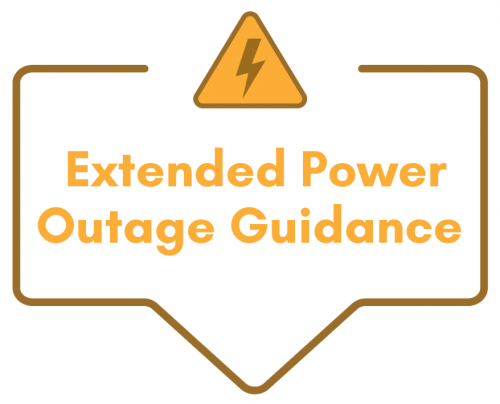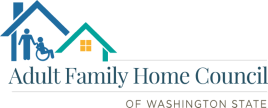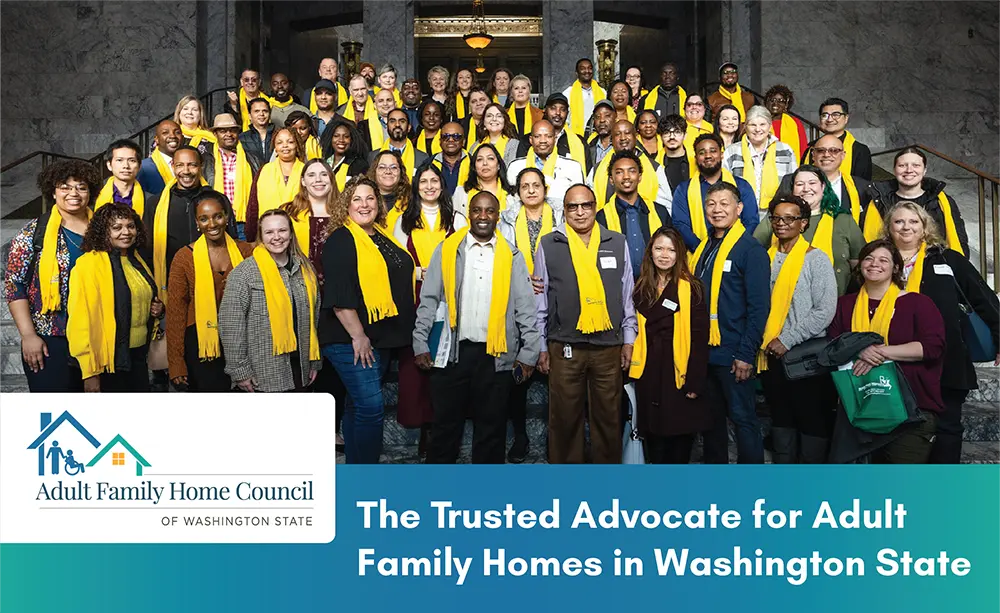
Guidance for Extended Power Outages
In light of recent storms and the potential for prolonged power outages, it is crucial for homes to implement effective measures to ensure the safety and well-being of residents, especially those on life-saving equipment. Refer to the below guidance and reminders to follow in these circumstances.
Key Steps for AFHs
1. Follow Disaster Plans
- Adhere to the steps in your established disaster plans.
- Ensure all staff are familiar with these plans and their roles during an outage.
2. Guidance on Public Safety Power Shutoffs
- Refer to the most recent guidance on Public Safety Power Shutoffs, which contains relevant information for prolonged outages.
3. Notification of Outages to the DSHS Hotline/CRU
- There isn’t a strict rule for reporting short-duration outages. However, according to WAC language, it must be reported if an evacuation occurs (or is nearly carried out) or if the facility is unable to provide care:
- For any outage exceeding a few hours, especially if it impacts heating, cooking, or other critical services, it is advisable to report the situation.
4. Resources for Residents
- During summer, cooling centers are available. For fall and winter, similar resources such as warming shelters can be found through local services.
- Utilize the 211 service for a comprehensive list of resources, including warming shelters and places to charge phones
- Utilize the 211 service for a comprehensive list of resources, including warming shelters and places to charge phones
5. Local Emergency Management
- Check with local emergency management agencies and their social media channels for updates on available resources and sites set up for assistance.
6. Life-Saving Equipment
- For residents on life-saving equipment, ensure backup power is available.
- If there is no foreseen restoration time or generator power, take immediate action to relocate the resident to a facility with power.
By following these guidelines, facilities can better manage prolonged power outages and ensure the safety and well-being of their residents. Stay informed, prepared, and proactive in addressing any challenges that arise during such events.
Not a Member Yet?
Membership fees enable the Council to cover legal expenses and fund staff to advocate with the state and regulatory agencies. The participation of every adult family home is vital to ensuring fair regulations and rates that accurately reflect the costs of caring for our vulnerable adults. Consider becoming a member of the Council to help us continue improving conditions for all adult family homes in Washington State.

